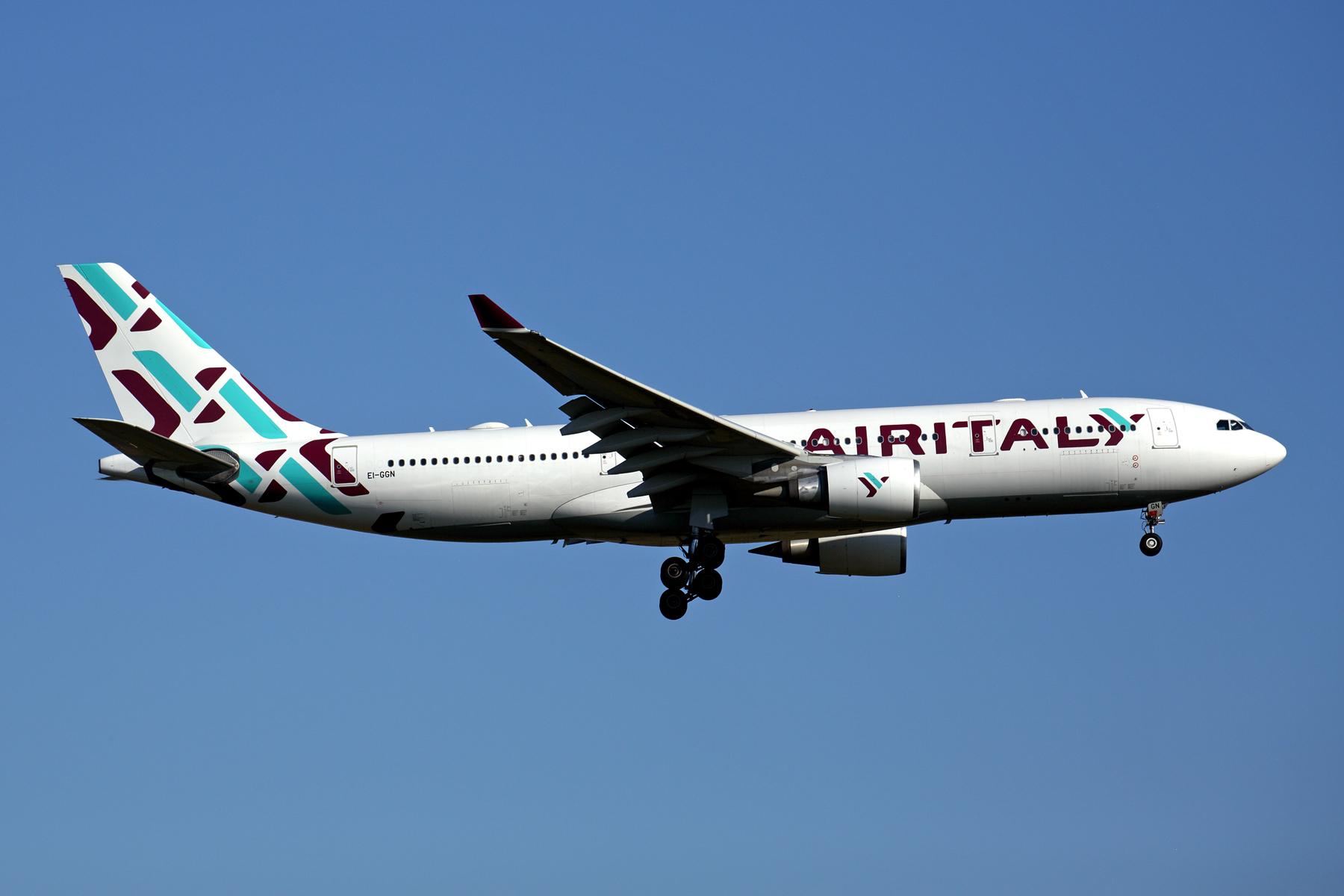
Italy’s second-largest airline, Air Italy, ceased operating Feb. 11, following increasingly heavy losses.
The news came after a board meeting in Milan. It is understood that the majority shareholder, Alisarda, felt it could no longer carry the company’s losses.
The failure happened almost exactly two years after the airline rebranded in February 2018 from Meridiana, as Qatar Airways took a 49% stake in the Sardinia-based carrier with Alisarda (the airline’s original name when it was founded in 1963) taking the majority 51%.
Since Qatar Airways’ involvement, the airline, which had been loss-making for some time, had received an infusion of leased Airbus A330-200s from the Gulf airline and had been increasingly targeting long-haul routes.
Some of these routes were to the U.S., which drew the ire of several U.S. carriers, accusing Air Italy of being a Trojan horse for Qatar Airways to increase its penetration of the U.S. market. The accusation was roundly rejected by Air Italy and Qatar Airways, with the Italian airline mocking its U.S. rivals for believing that such a small operator could seriously damage their operations.
At the time of its demise, Air Italy operated five Airbus A330s, plus four Boeing 737-800s, one -700, one -300, plus one Airbus A320, according to Aviation Week’s Fleet Discovery database. The company’s operations over the past year had been affected by the grounding of the 737 MAX, of which it had seven in storage.
The company has halted operations under the Italian legal code’s liquidazione in bonis procedure. This means that the company’s shareholders will pay off all outstanding debts and any staff salaries owed, the liquidators’ spokeswoman Giuliana Paoletti explained.
In a statement, Air Italy said that all shareholders had made the decision to cease operations because of “persisting and structural [sic] difficult market conditions.”
Scheduled services will continue to operate, but by other carriers, until Feb. 25. Passengers scheduled to fly after that date would have ticket prices refunded.
Qatar Airways said that it had been ready to continue to support the airline, “but this would only have been possible with the commitment of all shareholders.” Under European Union rules, Qatar Airways, as a non-EU entity, was not allowed to inject further equity that would have taken its shareholding above 49%.





